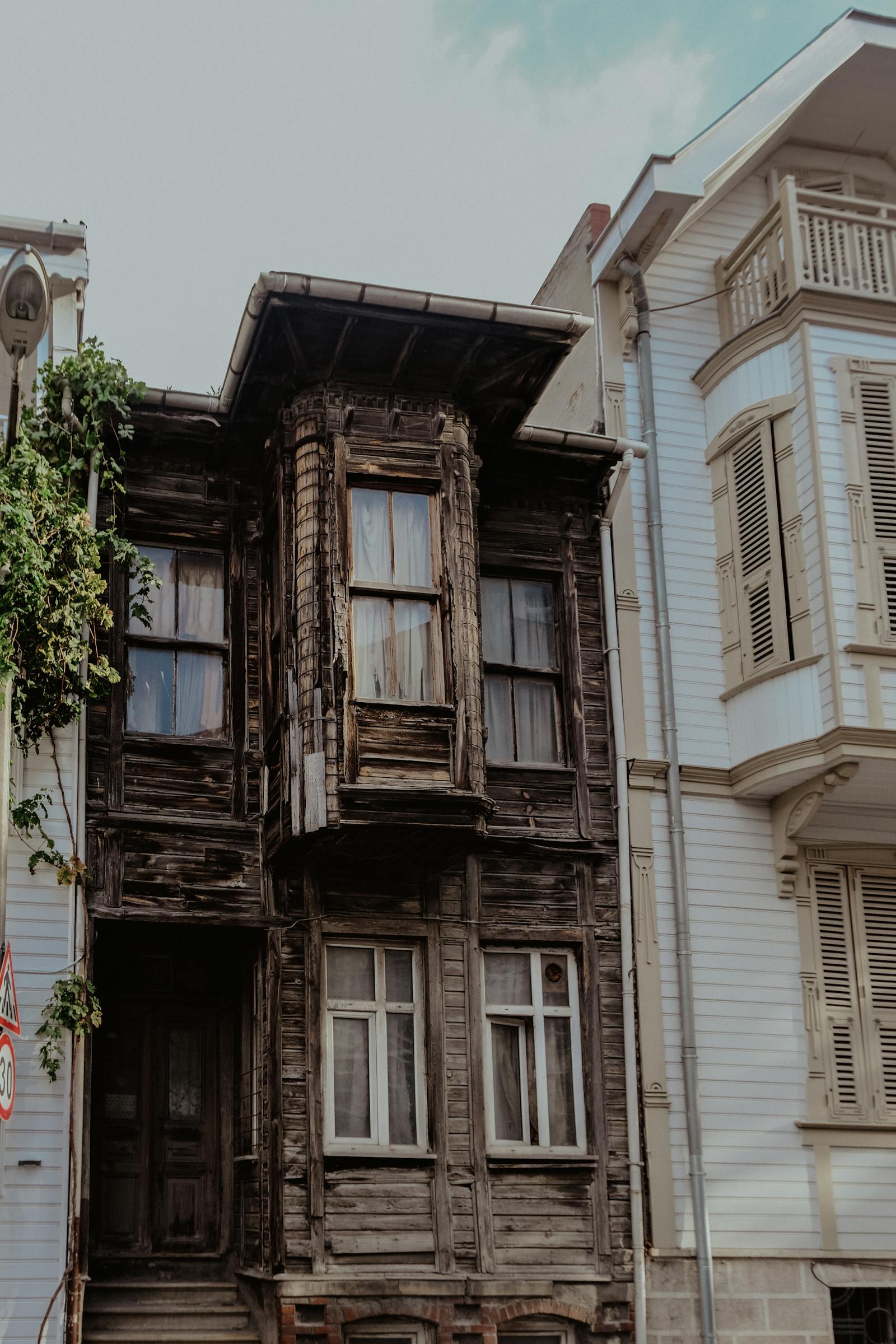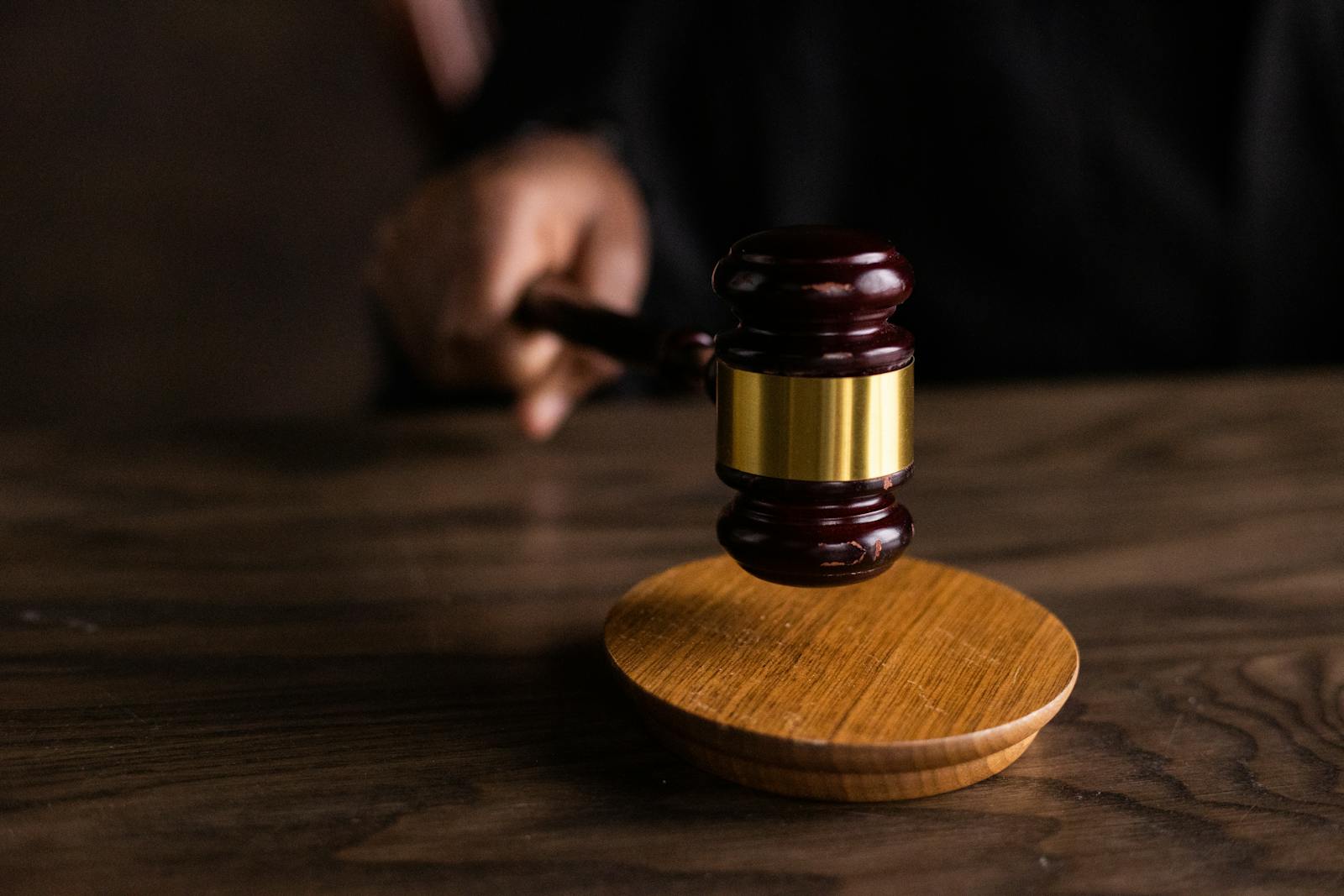Posted on
March 5, 2024
by
Jez Nichols
Today, we're going to talk about something called foreclosure properties in British Columbia. This is basically when someone can't pay back the money they borrowed to buy a house, so the bank or lender has to take over and sell the house to get their money back.
**Scroll down to the bottom for the simplified version
Understanding Foreclosure Properties - when someone can't pay their mortgage, the bank asks the court for permission to sell the house. This process is called foreclosure. The bank then takes control of selling the house, but the court has to approve everything to make sure it's fair.
Pricing and Negotiation - When the bank sells the house, they have to make sure they're selling it for a fair price. This means they have to show the court that they've tried to sell it for the right amount of money.
Subject Conditions - when someone wants to buy a foreclosed house, they might have some conditions, like checking if the house is okay or getting a loan. But even if they agree on a price, the court still has to say it's okay.
"As Is, Where Is" Condition - One important thing to know is that when you buy a foreclosed house, it's usually sold "as is, where is." This means the bank can't tell you much about the condition of the house, so you need to check it out yourself.
Application and Court Approval - Once everyone agrees on the sale, the bank has to ask the court to approve it. They have to show the court all the details of the sale and why they think it's fair.
Public Disclosure - All the information about the sale, like how much it's sold for, is made public. Other people can come to court and try to buy the house too.
Court Process and Approval At court - the judge looks at all the offers and picks the best one. But sometimes, if the offers aren't good enough, they might not approve any of them.
Vesting Order and Completion - When everything's approved, the court gives something called a Vesting Order. This tells the court to transfer the house to the new owner and clear any debts on the property.
Buying a foreclosed house might seem tricky, but it's important to follow all these steps to make sure everything is fair and legal. It's a big responsibility, but it can also be a great opportunity to get a new home!
________________________________________________________________________________________________________________
**SIMPLIFIED PROCESS**
Where does the initial offer go for approval in the foreclosure process?
In the foreclosure process, the initial offer is sent to the lawyer for approval. The lawyer reviews the offer and may either accept it or suggest changes before sending it back to us. Upon acceptance by the lawyer, the buyer proceeds to address any remaining conditions.
What occurs after we remove our subjects during the foreclosure process?
After removing subjects in the foreclosure process, a court date is scheduled. During the period leading up to this court date, usually 3-4 days prior, interested parties have the opportunity to submit additional offers. The lawyer overseeing the process determines this deadline and notifies us accordingly. If there are other offers, the original accepted offer also retains the option to submit a revised offer during this timeframe. At the court date, the judge reviews all offers and selects the one to accept, subsequently establishing a completion date.
If the judge chooses our offer what happens then?
After the deal is approved, the Court issues what's called a "Vesting Order." This order, given by the Court, instructs the Registrar to transfer the property title to the successful bidder. The Vesting Order also clears any financial limitations on the new owner's rights under the title. However, it doesn't remove non-financial limitations like access easements or restrictive covenants. Usually, completion and possession occur 14-30 days after court approval.
Curious to know how the market’s doing in your neighbourhood? Email me and I’ll prepare a quick customized report for you!
Jez Nichols
CIR Realty Shuswap
Salmon Arm BC
Message me: 250-515-5391
Send me an email: jeznichols@gmail.com





